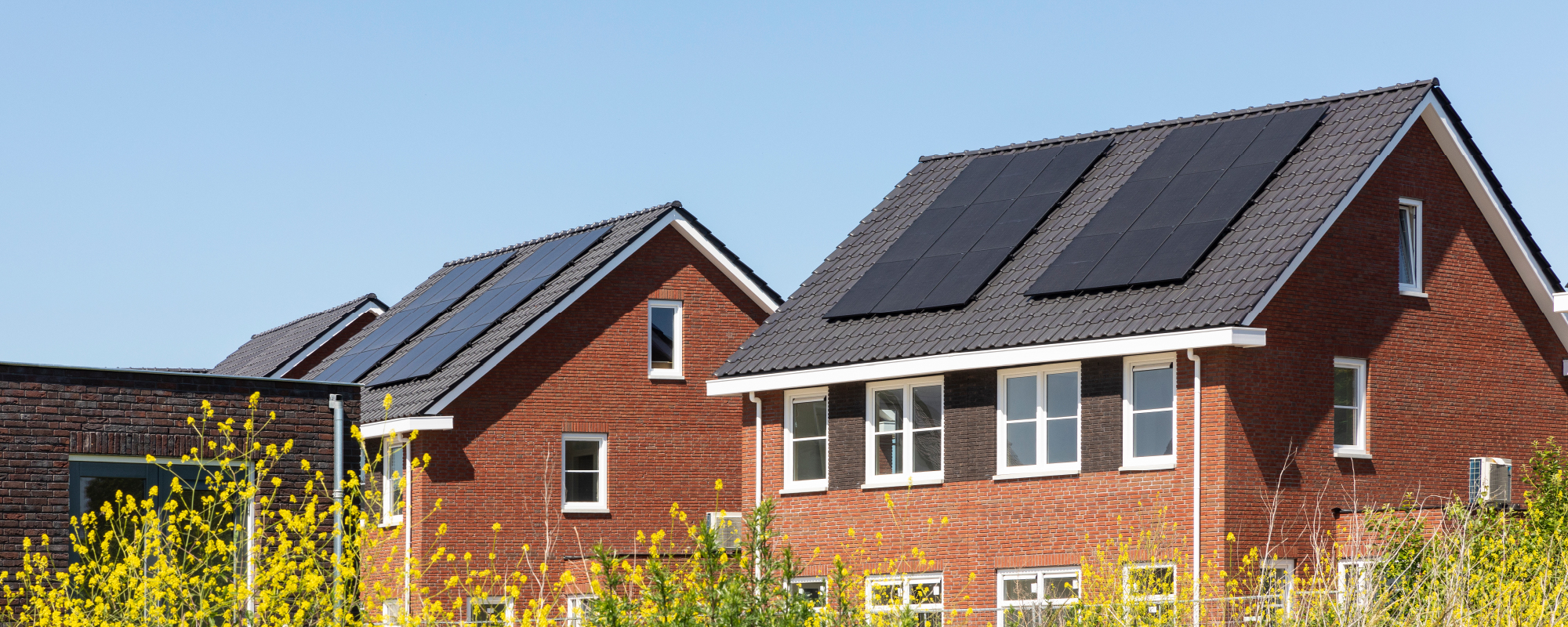At the very heart of what we do at Gemserv is our commitment to making a real impact, driving positive change, and contributing to the transition to a low carbon economy.
The mission of our Low Carbon team in particular is centred around helping clients make the most of the opportunities that the road to Net Zero brings whilst overcoming the major challenges that stand in the way.
Collaborating with National Energy Action, we recently spotlighted a critical challenge – eliminating fuel poverty across the UK.
Heating affordability remains a harsh reality for 6.5 million homes in the UK this winter, emphasising the urgent need to upgrade our homes nationwide. These upgrades not only align with the UK’s Net Zero journey by reducing carbon emissions but also create wider societal and economic benefits.
There is nothing to lose, and so much to gain, not only for the millions of people in the depths of the problem, but for society as a whole.
To put this challenge into perspective, the National Energy Action together with Energy Action Scotland have, for the last two decades, published a yearly report investigating the progress toward eliminating fuel poverty across the UK and within each of the four UK nations.
This year, Gemserv was commissioned to contribute to their annual report, at a time when it is arguably more important than ever, owing to the impact of the ongoing cost of living crisis and the slow progress on retrofit despite the ever closer target.
First and foremost, our analysis highlights that there is not enough government funding to meet England’s fuel poverty target for all fuel poor households to reach EPC C by 2030. As things stand today, we estimate that 3.2 million homes will still be in fuel poverty at that time. When we consider that 3.26 million homes are in fuel poverty based on the most recent statistics, it is clear to see that more needs to be done if we wish to even make progress at all.
Despite the scale of this challenge, our analysis demonstrates that the benefits of additional funding would far outweigh the costs.
In essence, an additional £18 billion is needed for retrofit measures to upgrade 90% of fuel poor homes. Meeting the target wouldn’t just be a tick box exercise; it makes economic sense, creates direct benefits to fuel poor homes, and furthers other government agendas including decarbonisation of the housing stock. The total estimated benefits surpass £35 billion, with cumulative energy bill savings of £5 billion from 2022-2030 for 90% of fuel poor homes. These benefits would be widespread and deeply felt, not only by those in the depths of fuel poverty but right across the broader economy including through the creation of jobs, the reduction of carbon emissions and improved health.
Fuel Poverty Monitor Launch Webinar
On 31st January 2024, the National Energy Action (NEA) and Energy Action Scotland (EAS) set out the urgent priorities for tackling fuel poverty in England and across the UK, from the UK Fuel Poverty Monitor report. Gemserv’s Economic Analyst, Anna Qunicey was one of the speakers on the webinar.


